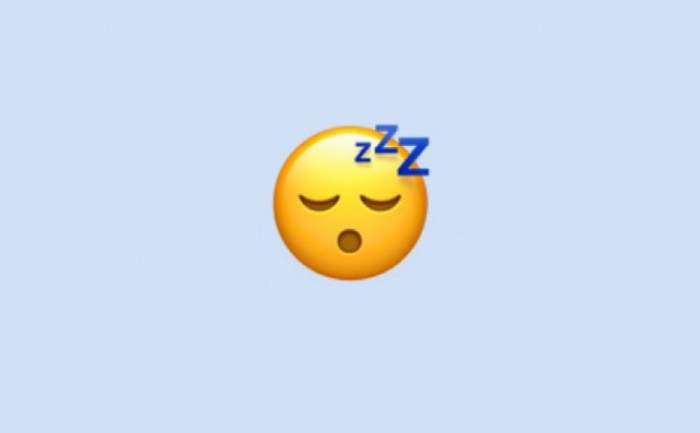How to stop checking your phone every five minutes
Our phones are designed to keep us hooked to them – how can we break the cycle?
Sign up to The Body Coach newsletter to get inspiration in your inbox every Monday.

From helping us to function more effectively during the day, to helping stick to a healthy lifestyle and exercise routine, the positives of a good night's sleep are many and varied. There are a wide number of factors that lead to sleep loss, but whatever the reason for poor sleep, the effect is the same: your body's natural cycle of sleep and wake is disrupted.
Why can't I sleep?
Factors that can lead to insomnia include bigger life stresses like moving house, starting a new job or illness, but can also be caused by less obvious stresses like small changes in your surroundings - such as extra noise at night.
Often people are unaware of why their poor sleep started and in truth, it doesn't really matter - the focus needs to be on how to fix it. When we suffer with poor sleep we often end up making things worse by changing our behaviours to compensate for poor sleep. For example we start going to bed too early and end up lying in bed wide awake; we drink lots of caffeine to stay awake which stops us falling asleep later on and so on.
Poor sleepers also clockwatch - we've all laid in bed, frustrated and calculating how much potential sleep we have before we have to get up. This all just creates anxiety, frustration and increased stress levels - ultimately keeping us awake for longer, and compounding our initial.
Sleep and weight loss
Sleep impacts on our weight loss and gain in a number of ways, one of which is on our appetite. Many people believe that hunger is related to willpower and learning to control the call of your stomach, but that's not true. Actually, sleeping less than six hours triggers the area of your brain that increases your need for food - we've all reached for the carbs the day after a late night.
In fact sleep deprivation is a little like being drunk. You don't have the mental clarity to make good decisions about the foods you eat - or the foods you want to avoid. The bottom line: Not enough sleep means you're always hungry, reaching for bigger portions, and craving food that is bad for you - and you don't have the proper brain functioning to tell yourself, "No!"

The impact of poor sleep spreads beyond diet and into our workouts. No matter what a person's fitness goals are, having muscle is important - and lack of sleep is the arch nemesis of muscle. It decreases our body's ability to make muscle, causes muscle loss, and can lead to injuries.
And of course, if you're someone who doesn't particularly enjoy exercise, a bad nights sleep can make matters even worse. When you're suffering from sleep debt, everything you do feels more challenging, especially your workouts.
How can I improve my sleep?
Sadly there is no silver bullet for long-term sleeplessness and generally, professional intervention is required to help overcome acute insomnia. However, there are a few things we can all do to help get a better night's sleep and prevent sleep loss from becoming chronic.
1. Get some daylight and fresh air. In order for our body clock to work well we need to send messages about when is daytime and when is nighttime. The best way to do this is to get plenty of light during the day and dark at night.
2. Stick to a good routine. This sounds simple but it's the most effective way to sleep well. Our body clock is just that, a clock. In order for it to work at its best we should create a steady rhythm and stick to it. This way our bodies know when to expect to fall asleep and will prepare to do so.
3. Don't lie in bed awake. If you cant get to sleep or have woken up in the middle of night, get out of bed. The longer we lie in bed trying to fall back to sleep the more frustrated we get. This, in turn, means we begin to subconsciously relate bed to feeling stressed and being awake rather than asleep. Leave the bedroom and do something relaxing like read a book downstairs, then when you are tired go back to bed.
4. Stop clockwatching. This increases the pressure to fall back to sleep and makes it less likely.
5. Don't stress about it. Worst case scenario you will be tired and we have all been tired before. The more pressure we put on ourselves to sleep well the harder it become so don't overthink it.
Written by Kathryn Pinkham, a sleep and insomnia specialist at The Insomnia Clinic. For more info and to take a quick test to find out your personal sleep score go to www.theinsomniaclinic.co.uk
Twitter: @insomnia_clinic
Facebook: The Insomnia Clinic
Are you struggling with sleep? Join Kathryn's webinar to learn how to fall asleep easily and stay asleep all night. Click here to get started.